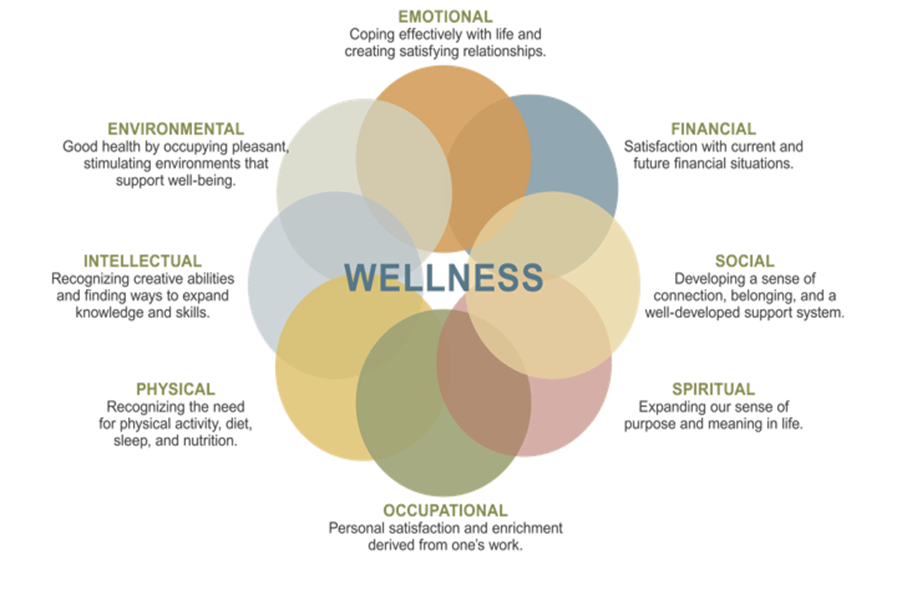Self-care Is Essential for Everyone and Individuals in their Care
Self-care Is Not Selfish
Parents and other caregivers, both in their personal and professional lives, may be inclined to put others’ needs ahead of their own. While this is a touching demonstration of compassion and dedication, it could be detrimental to the individuals, as well as those they care for, in the long run. Self-care is not selfish. In fact, it is the opposite because by taking good care of yourself, you will be healthier — both physically and mentally — and, therefore, able to perform your personal and professional responsibilities and handle stress and other challenges more effectively.
What Is Self-care and What Does it Include?
The World Health Organization defines self-care as “the ability of individuals, families, and communities to promote health, prevent disease, maintain health, and cope with illness and disability with or without the support of a health worker. While not all illnesses can be prevented due to genetic, environmental and other factors, Individuals with chronic diseases who practice self-care are more likely to be able to manage the symptoms of their illnesses better, compared to if they did not follow self-care guidelines.
Self-care includes:
- Practicing good hygiene
- Eating healthfully
- Obtaining preventative health care, including regular screenings
- Seeking medical care when needed
- Maintaining a regular sleeping routine
- Spending time in nature
- Enjoying hobbies, such as music, crafts and sports
- Expressing gratitude
- Treating yourself, for example, to a manicure, special dessert or a movie
- Finding purpose in your life
Self-care can also include engaging in intellectual and spiritual activities. Health literacy is essential. With knowledge of physical, mental and emotional health, and use of strategies for maximizing all areas of health, you will increase the likelihood of leading a life as healthy, rewarding and fulfilling as possible.
In fact, there are the Eight Dimensions of Wellness: emotional, physical, occupational, social, spiritual, intellectual, environmental and financial. This model was developed by Peggy Swarbrick, PhD, FAOTA, Associate Director, Center of Alcohol & Substance Use Studies at Rutgers University and Director, Wellness Institute, Collaborative Support Programs of New Jersey, and adopted by the federal Substance Abuse and Mental Health Services Administration. Lack of attention to even one of these dimensions for an extended period will result in adverse effects on individuals’ health, wellbeing and quality of life.

Used with permission from Dr Peggy Swarbrick pswarbrick@cspnj.org
 Official Site of The State of New Jersey
Official Site of The State of New Jersey
